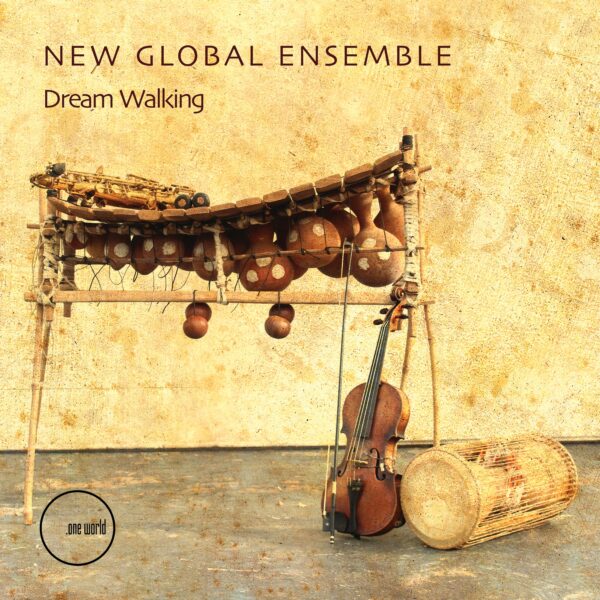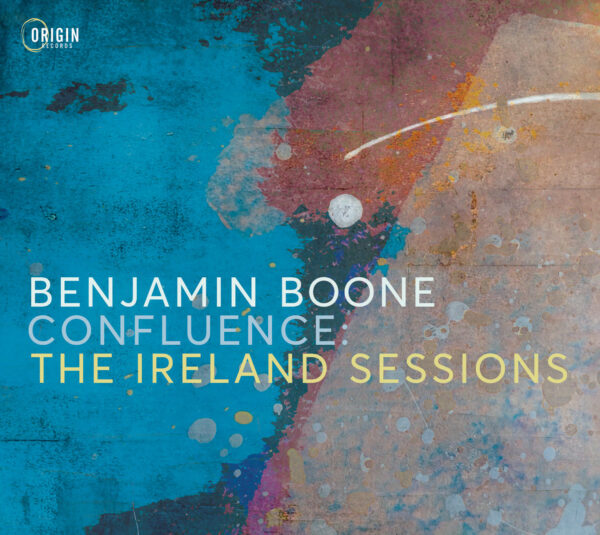Description
Saxophonist/composerBenjamin Boone’s The Poetry of Jazz, a collaboration with the late U.S. Poet Laureate Philip Levine, was recognized as a milestone spoken word/jazz project immediately upon its release last March. Praised in leading musical and literary publications, featured on NPR’s All Things Considered, and voted the #3 Jazz Album of 2018 in DownBeat’s annual Readers Poll,The Poetry of Jazz established Boone as one of the most captivating and compelling voices among contemporary artists exploring the intersections between poetry and jazz.
The Poetry of Jazz Volume Two, recorded during the same sessions that produced the first album, will be released by Origin Records on January 18. A nonpareil artistic achievement on both musical and literary fronts, Volume Two features an impressive cast of California players, relying particularly on bassist Spee Kosloff, pianist Craig von Berg, pianist/arranger David Aus, and drummer Brian Hamada, who died in 2018 (the album is dedicated to both Levine and Hamada). Karen Marguth contributes wordless vocals on two of the four instrumental tracks. Boone and pianist Donald Brown produced.
Levine, who died in 2015 at 87, was one of America’s most celebrated poets: he won the National Book Award for Poetry twice, and the Pulitzer Prize for Poetry for his 1994 volume The Simple Truth. Appointed U.S. Poet Laureate by the Library of Congress in 2011, he was an avid jazz fan and found an ideal collaborator in Boone, a fellow professor at California State University, Fresno.
Working closely together in the three years before Levine’s death, the two men forged a connection in which the rhythm and cadence of Levine’s recitations inspired and informed Boone’s music. The poet essentially became part of Boone’s band, with an unerring sense of where to pause and let the music come through.
The Poetry of Jazz Volume Two focuses on Levine’s poems with timeless and topical humanist themes such as the immigrant experience, the aftermath of war and conflict, and the downtrodden working class (Levine’s works inspired by and dedicated to jazz artists were a focal point of the first album). Interspersed among these are atmospheric vignettes like “Belle Isle” and “An Ordinary Morning.”
Boone also includes instrumental versions of “Yakov” and “They Feed They Lion,” poems recited by Levine on the previous album, as well as “Godspell” and “The Simple Truth,” recited on Volume Two.
A lifelong jazz fan born in Detroit in 1928 and raised there when the city was an incubator for a brilliant generation of bebop-inspired improvisers, Philip Levine often wrote verse about jazz and the musicians he loved. Boone, an award-winning composer, instrumentalist, and educator, took things further, drawing inspiration not only from the subjects of Levine’s poems but also from the musicality of his language and his wry, emotionally restrained recitations.
Over the course of his career Levine collaborated with musicians in a variety of settings, but felt the results weren’t always salutary, making the connection with Boone all the more satisfying: “He can tell just where the music needs to carry the moment, or the language has to climb over the instruments. His compositions seem to grow directly out of the thrust of the language.”
Born in 1963 in Statesville, NC, Benjamin Boone grew up in an intellectually stimulating family. “I learned a great deal about science, literature, visual art, and music from my four older brothers,” he says. While he could have devoted himself to any number of pursuits, he concentrated on the saxophone and started improvising at an early age. “I’ve always gravitated towards interdisciplinary projects like this, where I can create an artistic statement that addresses history and topics relevant today.”
A respected performer and composer in jazz and new music circles, Boone often sets texts to music. His compositions have been performed in 29 countries, heard on more than 25 recordings, and have been the subject of several NPR stories. He has conducted musical research in the former Soviet Republic of Moldova as a Fulbright Senior Specialist Fellow, and just finished a year living in Ghana, performing and composing with African musicians as a U.S. Fulbright Scholar. “Ghana’s music and culture transformed me musically and personally,” says Boone. “Music is part of the fabric of life and everyone participates and has a role. It’s a beautifully communal way of thinking and being. Accra has an amazing music scene.” While there, Boone also co-founded The New Global Ensemble and recorded an album with the Ghana Jazz Collective.
Boone traces his fascination with the music of spoken language to a hearing condition “that makes it hard for me to understand words,” he says. “When I hear people speak, I hear it as music, a melodic line. This certainly informed how I conceived of Phil’s narration and how it related to the band. I think that is partially responsible for why people hear such synergy between the music and the poetry.”




